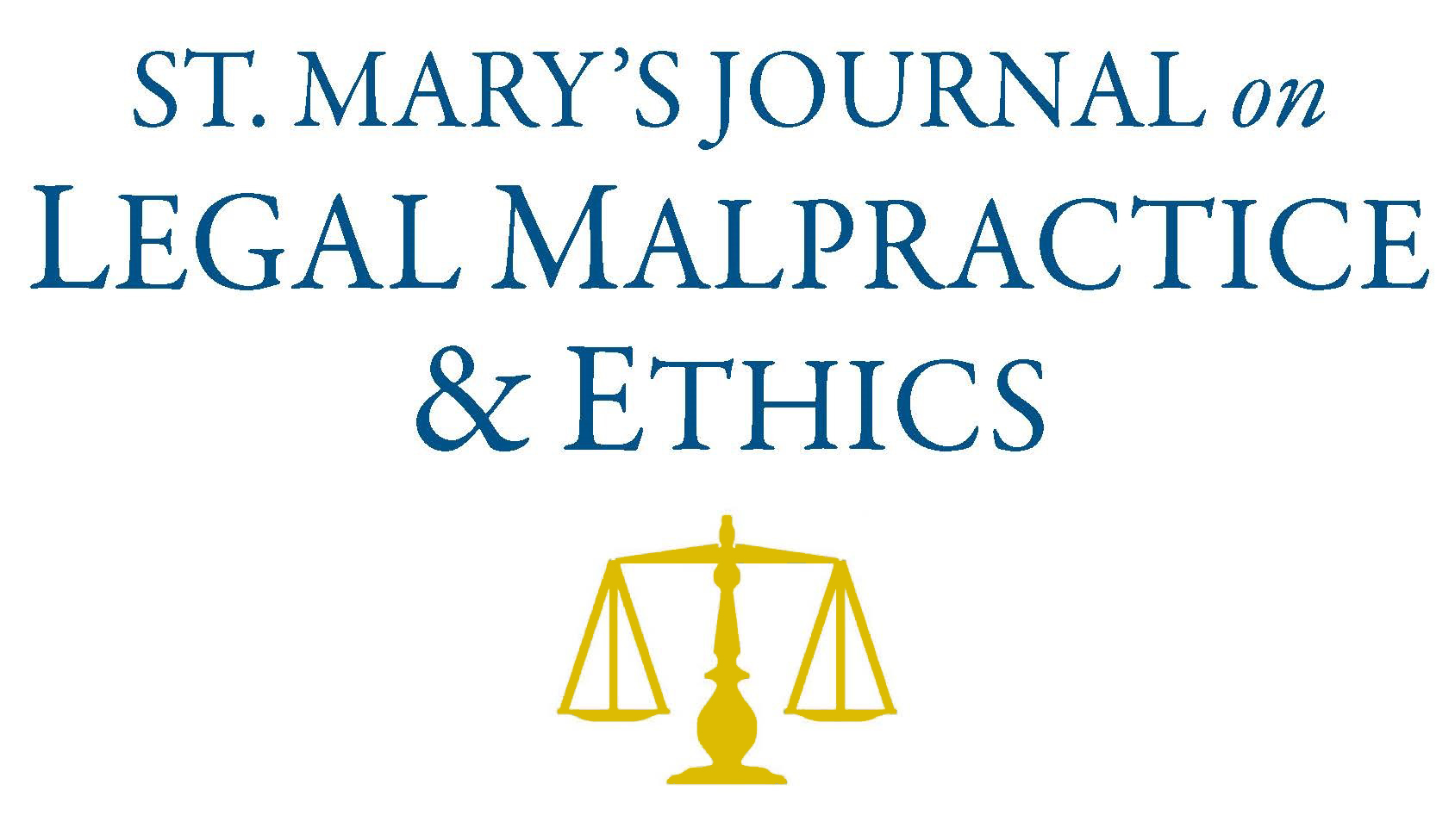
First Page
224
Date Created
1-1-2014
Publisher
St. Mary's University School of Law
Editor
Clement J. Hayes
Last Page
285
Abstract
An estate planner may become a defendant in a case involving an estate he or she planned in two main ways. First, the attorney may have performed his or her services in a negligent manner potentially creating exposure to malpractice liability. Second, the attorney's conduct may have lapsed below ethically acceptable standards. This Article reviews the exposure an estate planner may have to malpractice liability with emphasis on Texas law and then focuses the reader's attention on ethical issues that may arise while preparing or executing the plan. The author hopes that by pointing out potentially troublesome areas, the reader will avoid the ramifications of drafting a flawed estate plan or having a lapse of ethical good judgment which may lead to the frustration of the client's intent, financial loss to the client or the beneficiaries, personal embarrassment, and possible disciplinary action.
Recommended Citation
Gerry W. Beyer,
Avoid Being A Defendant: Estate Planning Malpractice and Ethical Concerns.,
5
St. Mary's J. on Legal Malpractice & Ethics
224
(2014).
Available at:
https://commons.stmarytx.edu/lmej/vol5/iss2/1
Included in
Law and Society Commons, Legal Ethics and Professional Responsibility Commons, State and Local Government Law Commons

